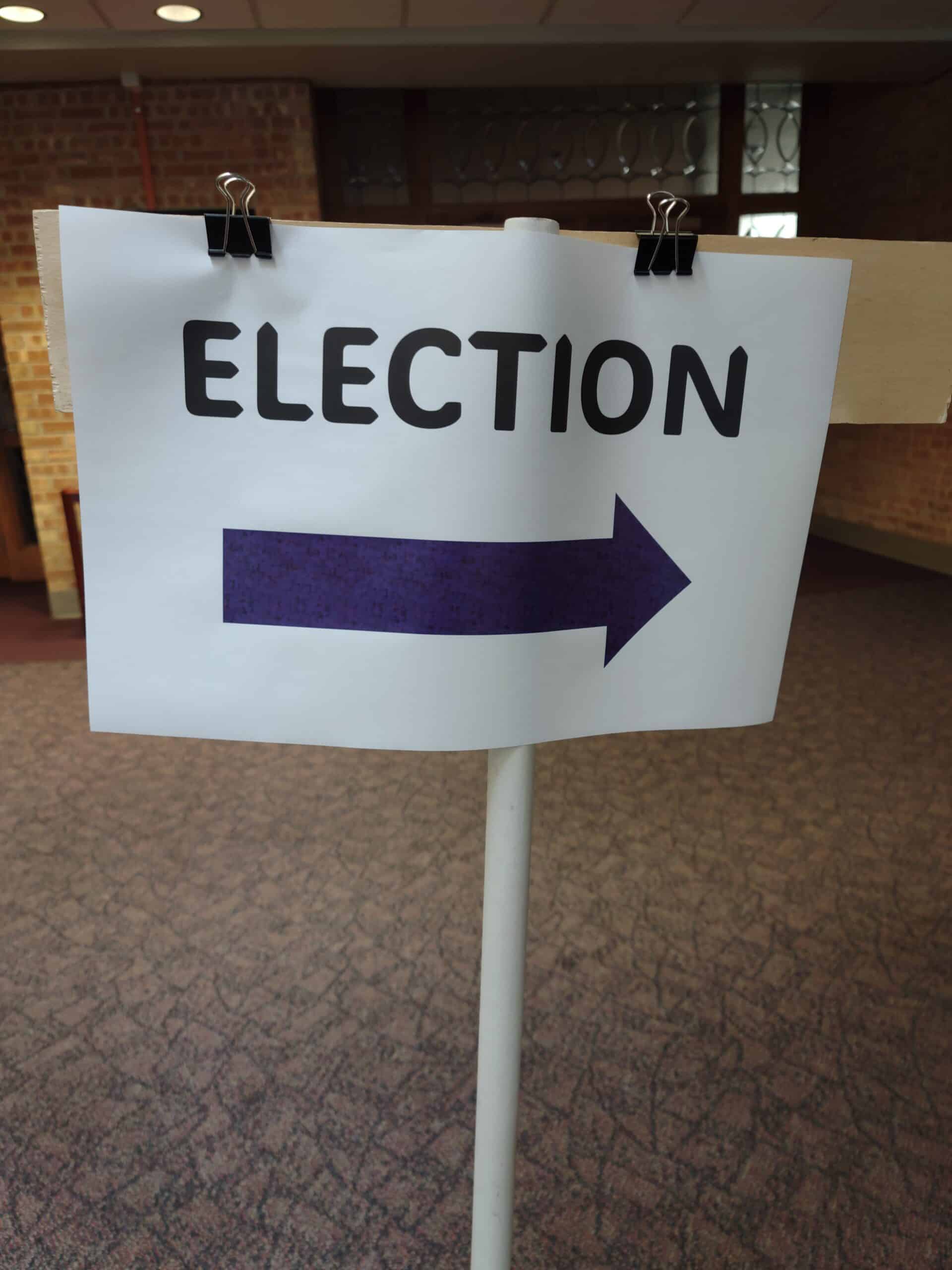
“I’m sorry you lost the election. I’m glad you ran.”
That is an appropriate thing to say to someone who just lost a municipal election. Please don’t say, “Hey, you can run again!”
Every election cycle, some people are elected to public office. That means other people find themselves as new members of club they never wanted to join. This club has only one requirement: You lost an election for public office. I’ve been a member of that club. I’ve talked to several other members in different communities, and from different political affiliations. We all agree. It’s not a fun club.
As the election fades, our communities start to focus on settling into a new or returning administration and council. Life goes on and our communities will be facing new challenges and opportunities. We selected officeholders to help us meet those challenges and opportunities.
Before we get too far into the celebrations of the new officeholders, please take a moment to consider the candidates who return to being regular citizens. The unsuccessful candidates spent a huge amount of time and effort campaigning for office. They had dreams and aspirations for making their communities better. They may have worked just as hard as the winning candidates. They spent months, possibly years, on their campaign. But as of 6 p.m. on election night the ballots were cast and they learned were not successful.
A frequent sentiment of people outside the political arena is, “I could never run for office.” Technically, it is very easy to file the paperwork to become a candidate. The age and residency requirements are pretty straightforward. Realistically, running a campaign is much more challenging. Running for office, even a local office, is very time-consuming and expensive.
Keep in mind that the losing candidate also raised money, planned advertising and promotions, and attended public events, happily. In other words, they did everything they could to make sure the community knew they were running for office. Then, they were not chosen by a majority of you. If they met their goals of letting the community know they were a candidate, now that same community knows they lost.
The day after the election, they still visit the same grocery stores, coffee shops, and restaurants. Yesterday, they were smiling, shaking hands, and asking for your vote. Today, they know that you know they are the one who lost. They can only guess if you voted for them or against them. Even worse, due to low public participation and a lack of knowledge of local elections, they may have to explain to you that the election was yesterday and that they lost. If you are a person who didn’t know the election just happened, please don’t say, “Gosh. I would have voted for you.” (That happens.)
Unfortunately, a candidate may have been the target of a negative campaign. These efforts may be effective, but they are negative, and they hurt. Now the unsuccessful candidate is wondering whether friends and neighbors believed the advertising and have a different opinion of them.
Some of the logistics for a successful campaign become burdens for an unsuccessful campaign. A visible example is the campaign yard sign. For months, candidates tried to get yard signs in prominent locations. Now, each of those signs is a painful, public reminder. In my first unsuccessful campaign, I couldn’t bear to look at them. So, my wife and I tried to collect all the signs election night. Other candidates I spoke with told the property owners to throw away the signs after the election. But what if the property owner doesn’t throw away the signs and you drive by that yard every day? What if you purchased a billboard that will continue to be in place for the rest of November, or even longer if the billboard is not sold to someone else?
With presidential elections and congressional elections, you probably don’t personally know the candidate. Even elections for the state legislature involve larger districts, meaning you may not know the candidates. With municipal elections, outside the larger cities, you probably personally know the candidates for mayor, clerk-treasurer, and town or city council. How do they feel today?
In my book, I spoke with Tina Weldy, a licensed mental health counselor. She said has worked with losing candidates. She describes the candidates’ feelings of grief and profound disappointment. If the candidate is having trouble letting go, she recommends mental exercises to help the candidate realize they are not a “loser.” Realize, instead, that a lot of people voted for them and thought they would be great.
“You put a lot of energy into this and I noticed you didn’t win. I’ve been thinking about you and wondered how you are doing since the election,” Weldy suggested.
“I’m really sorry you lost,” is a comment I appreciated after my defeats.
Though losing candidates don’t want to hear that they should run again, and may vow to never run again, it is interesting how many re-enter the campaign fray some time down the road. I think it is because this club they just joined – the ones who lost – is a group of people who thought they could improve the community and were willing to put themselves out there in public contests.
The public starts thinking about them, not as unsuccessful candidates, but as public servants. If we are lucky, they will heal, and be back to make the community better.
Kyle Hannon is the author of The One Who Lost: When Your Campaign Doesn’t Work and other books. He lost an election for state representative and a Republican caucus election for city council. Several years later, he won an election for an At-Large City Council seat in Elkhart. Currently, he lives in Bloomington, where he is the president of Filibuster Press, LLC and works in community improvement and trail development. www.filibusterpress.com